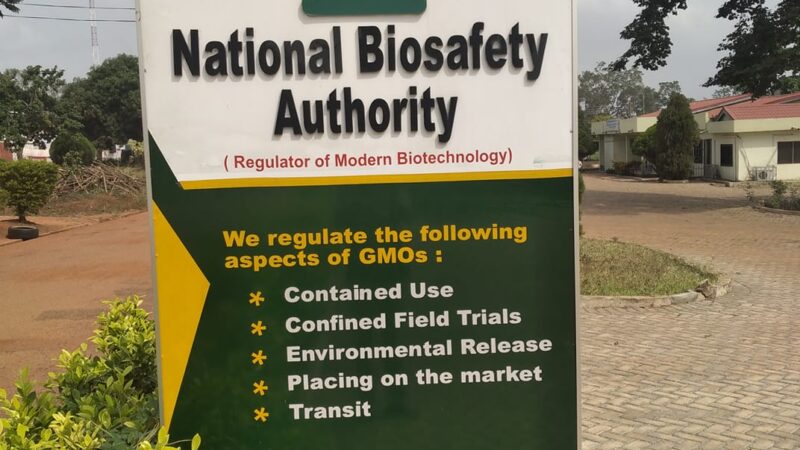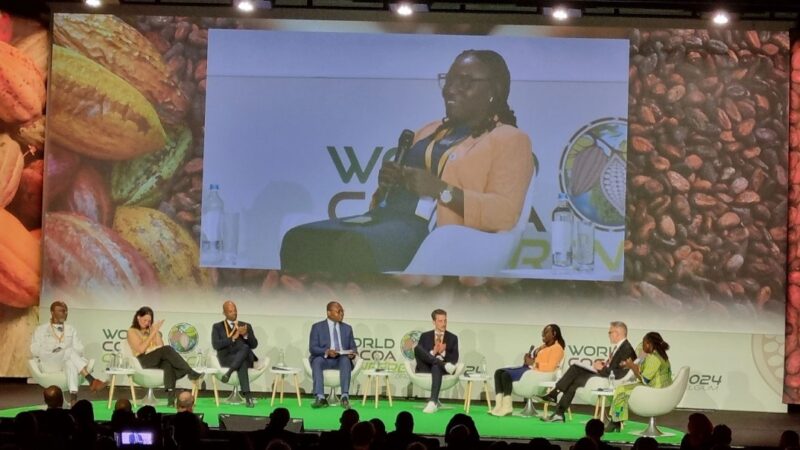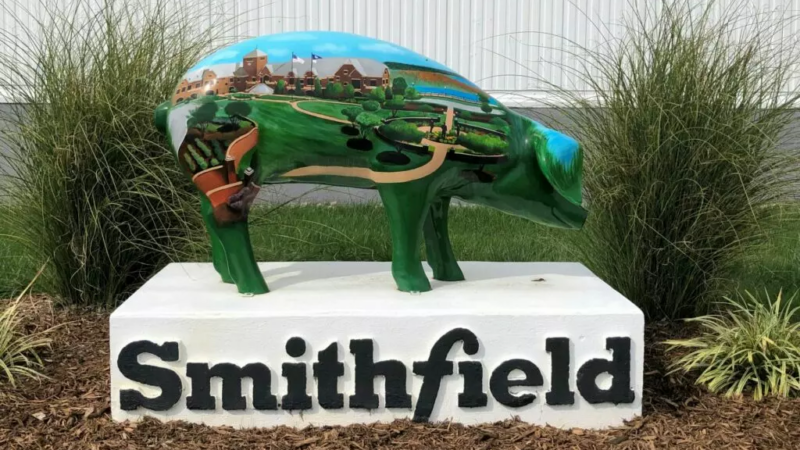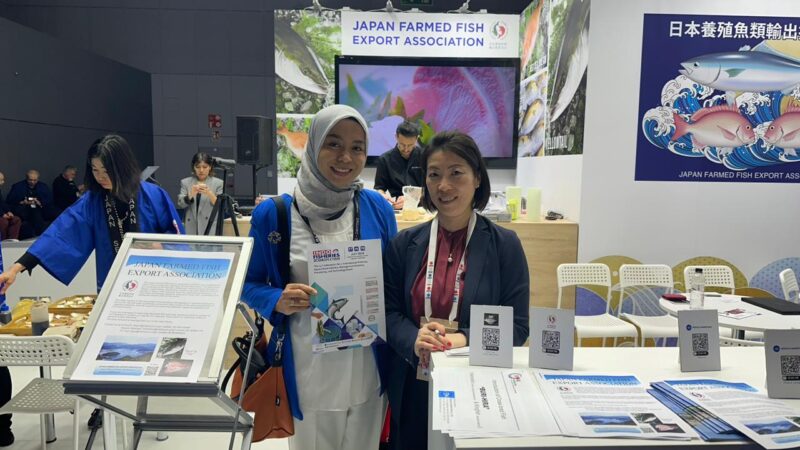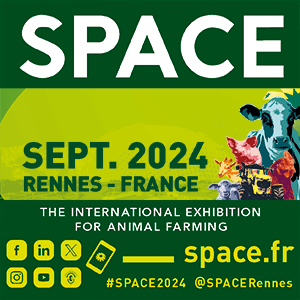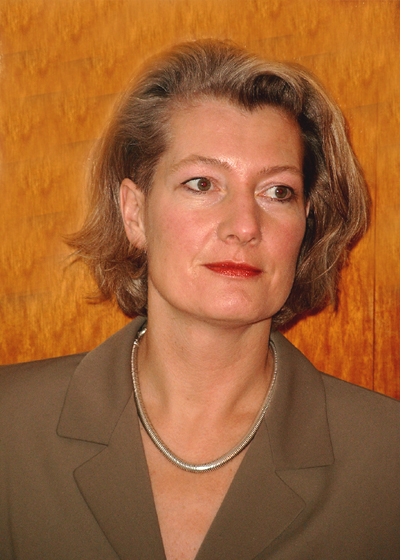
“Inhouse Farming – Feed & Food Show” – New DLG platform for agricultural and food systems of the future – From 12 to 18 November 2023 in Hanover, Germany, at Agritechnica
(DLG). From 12 to 18 November, the “Inhouse Farming – Feed & Food Show” will take a look at monitored closed systems for food and feed production. 13 November is “Aquaculture Theme Day” and fish, algae and shrimp are in the spotlight – growth in water. Organised by the DLG (German Agricultural Society), the B2B meeting place, which takes place at the same time as Agritechnica in Hanover, focuses on innovative indoor aquaculture and sustainable fish farming characterised by closed water circulation systems, the use of renewable energies and the digitalisation of all processes.
The question that will be discussed in Hanover is how aquaculture – already one of the world’s fastest growing sectors of agriculture – will develop further and which of its promising potentials will be applied in a few years’ time. With a total volume of more than 80 million tonnes, over half of the fish and seafood consumed worldwide now comes from commercial aquaculture. By 2030, the Food and Agriculture Organisation (FAO) estimates that 60 percent of fish and seafood consumed will come from supervised aquaculture.
DLG PM Inhouse Farming _AquaDE_final_EN
Innovative solutions for aquaculture
Inhouse farming of aquatic organisms is becoming increasingly important and already represents a technology sector in its own right. The so-called recirculating aquaculture systems (RAS) allow the production of fish and seafood independently of open waters, as the process water is treated, cleaned and returned to the production basins after use – an almost closed cycle!
In closed RAS systems, mainly freshwater fish are reared, such as catfish, pike perch, tilapia, eels and sturgeon. But saltwater recirculating systems for shrimp, sea bass, bream and king fish are also becoming popular on the market. In many Norwegian salmon farms, the young fish (smolts) are already housed under controlled conditions in recirculating systems.
This form of aquaculture is resource-efficient, independent of location, environmentally friendly and almost completely controllable. A high degree of mechanisation and a great need for investment in these systems are reason enough to show and get to know the most innovative new aquatic systems with sustainable energy and oxygen concepts.
To understand a new sector, it is best to talk to the people who are already working successfully with recirculating aquaculture system technology. A number of practitioners, fish farmers and experts are invited to answer questions at the “Inhouse Farming – Feed & Food Show”. What requirements do I have to fulfil, which markets need to be developed and how can the efficient operation of recirculating systems be designed?
Visitors can look forward to a glimpse into Europe’s largest pike-perch facility and they can exchange ideas with shrimp experts who grow fresh shrimp in saltwater recirculating systems – from the Kiel Fjord to Bavaria.
Aquaponics – when plants and animals do things together
Aquaponics is a combination of aquaculture and hydroponics, i.e. plant cultivation without soil substrate. As a classic form of production in greenhouses and halls, it definitely belongs at the new “Inhouse Farming – Feed & Food Show”.
Aquaponics systems are indoor farms that are closed recirculating aquaculture systems (RAS) based on a symbiosis of fish, plants and microorganisms. The process water of the fish is also used for the nutrient supply of plants, i.e. it is used twice. Aquaponics combines the rearing of fish in an aquaculture unit (fish farming and water treatment) with the soilless cultivation of crops in a joint production system. This is how food can be produced in a resource-saving yet efficient way.
In aquaponics systems, priority is given to robust, vigorous and tolerant fish species, such as tilapia, catfish, sturgeon and carp-like fish, which tolerate the nutrient, water quality and temperature fluctuations that occur. The choice of “plant partners” depends on the nutrient requirements and the marketing concept of the system. The basic prerequisite is the ability to grow without soil in nutrient solutions. High-yield, fruit-bearing plants such as tomatoes, cucumbers and pumpkins need more nutrients than fast-growing and low-yield herbs, lettuce or ornamental plants.
What appears to be new territory to us is based on time-honoured experience from the Asian region, where combinations of animal and plant production represent a piece of cultural heritage. (e.g. rice-fish culture).
On the in-house farming platform, visitors will be introduced to innovative aquaponics farms and gain insight into how, for example, perch and basil benefit from each other.
Many of the existing aquaponics systems are located directly in urban areas (urban farming) and they combine food production with a shopping experience.
Agriculture in water
For Dr Birgit Schmidt-Puckhaber, Aquaculture Project Manager at the DLG Competence Center Agriculture, “growth in water” is a great challenge, not only to produce food and feed on the area, but also to use water effectively for this purpose. ” It’s fascinating when nutrients from fish farming are used to cultivate vegetables, herbs and flowers, and the CO2 excreted by the fish provides photosynthesis – a true circular economy!”
For additional information: www.inhouse-farming.com
Images for download at the end of this page
DLG (Deutsche Landwirtschafts-Gesellschaft e.V. – German Agricultural Society), founded in 1885 by Max Eyth, is an open network and serves as a professional voice of agriculture, agribusiness and the food industry. Its goal is to promote progress by transferring and communicating knowledge, quality and technology. DLG has over 30,000 members. It is politically independent and internationally networked. As one of the leading organizations in its sector, DLG organizes trade fairs and events in the fields of agriculture and food technology, conducts tests of foods and beverages, agricultural machinery and equipment, as well as farm inputs, and in a large number of expert committees develops answers to the challenges confronting agriculture, agribusiness and the food industry.
Obligation to inform you about the collection of your personal data
pursuant to Art. 13 + 14 GDPR
DLG.org
Expert Knowledge
Test Reports
agritechnica.com
inhouse-farming.com
dlg-tradefairs.com
Follow Us
Facebook Instagram Youtube Twitter
Copyright © 2023, DLG e.V.
Unsubscribe from this list
DLG e.V.
Eschborner Landstr. 122, 60489 Frankfurt am Main
Tel. +49 69 24788-0, Fax +49 69 24788-110
Managing Director: Dr. Lothar Hövelmann
Societyreg.-Nr.: 5030 Frankfurt/M.; VAT ID: DE 114 23 49 05

